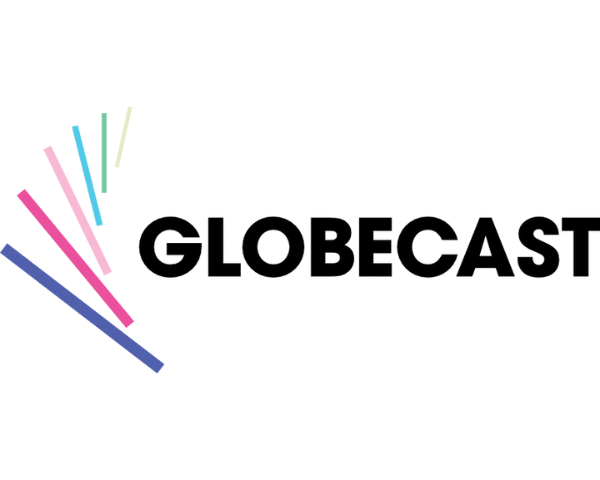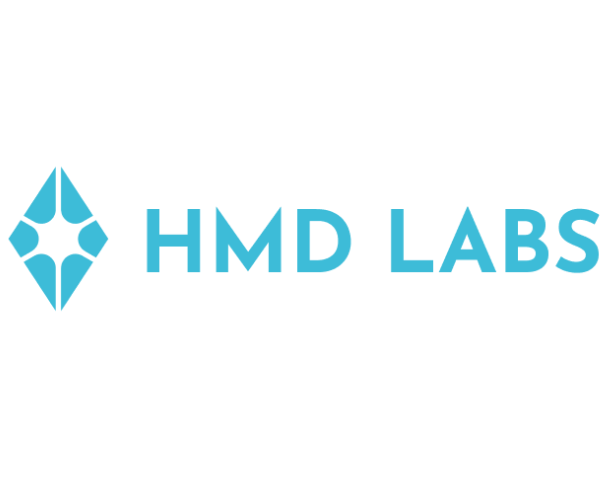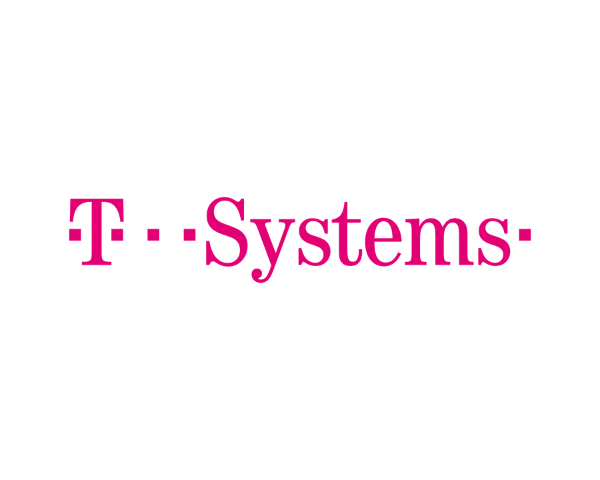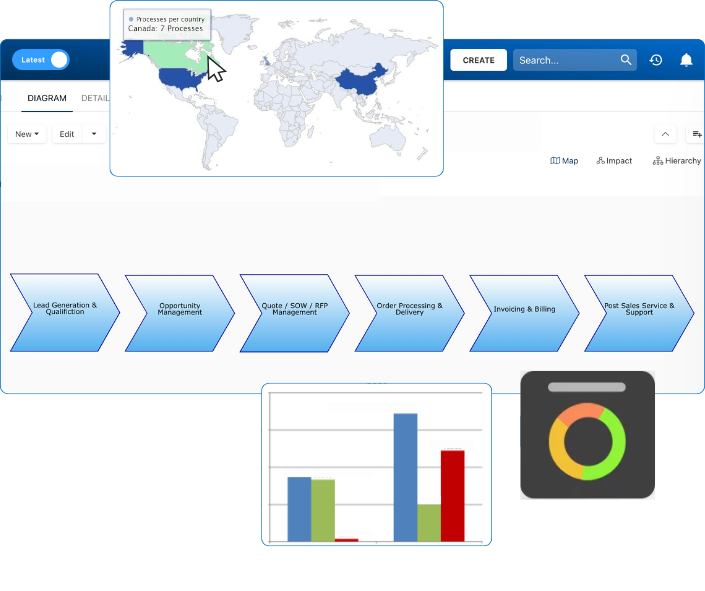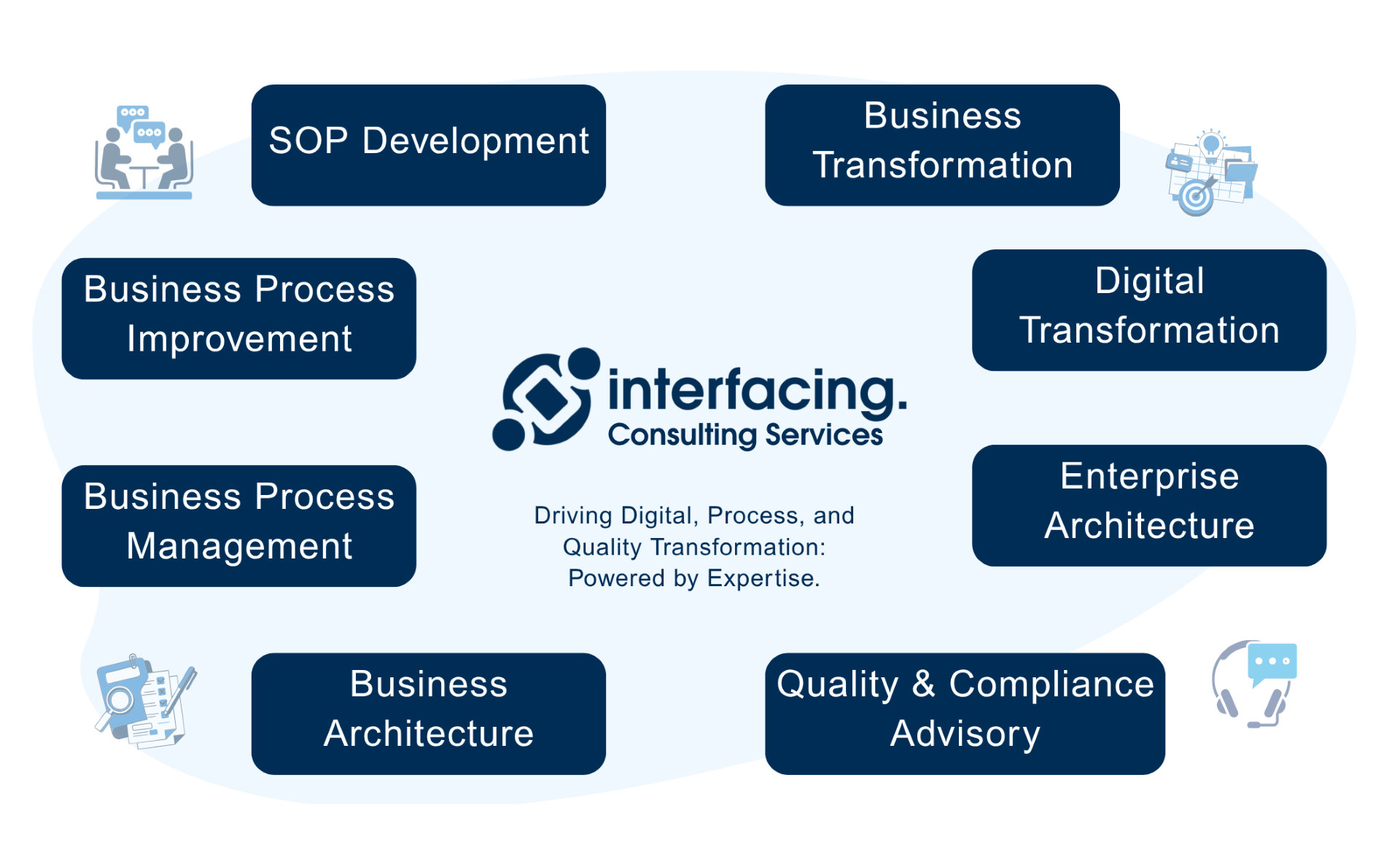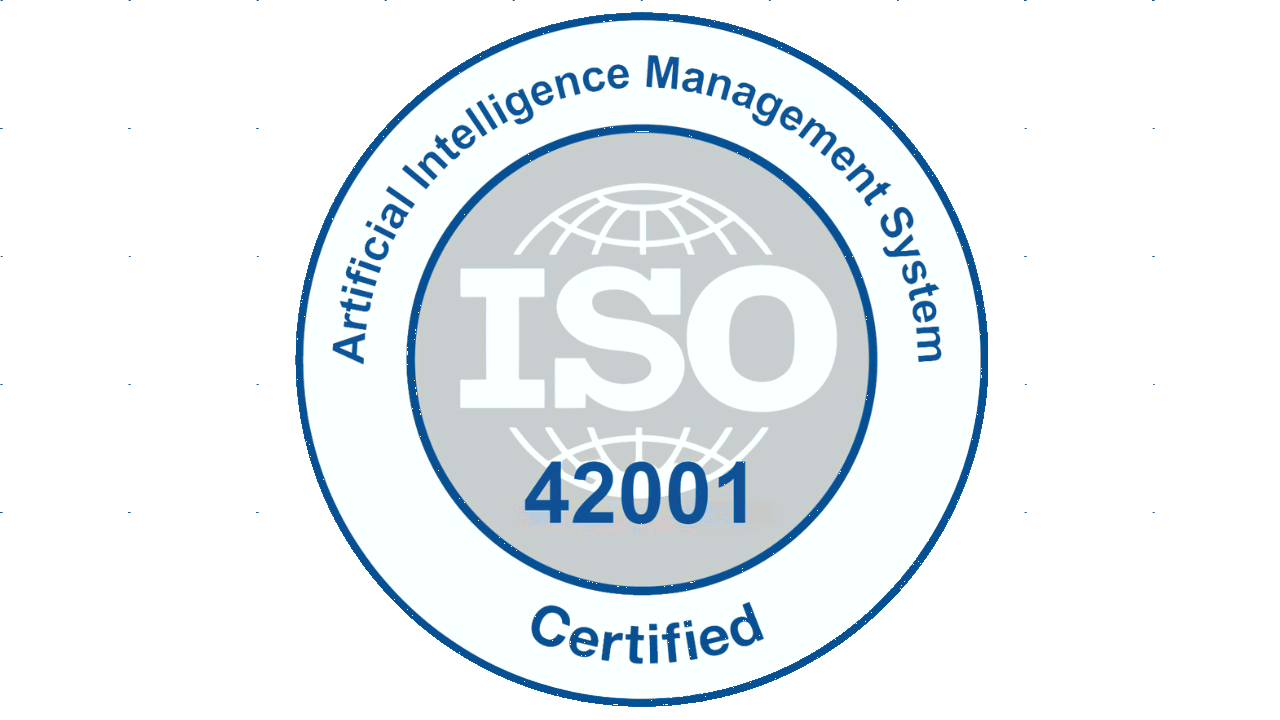- Business Process Management (BPM)Document Management System (DMS)Electronic Quality Management System (QMS)Risk, Governance & Compliance (GRC)Low Code Rapid Application Development (LC)Business Continuity Management (BCM)Enterprise Architecture (EA)Business Process Management (BPM)Document Management System (DMS)
- Document Control Overview
- AI Content Creation & Improvement
- Policy & Procedure Management (SOP)
- AI Content Mining Parser
- Collaboration & Governance
- Data Migration & Integration
- Interfacing Offline App
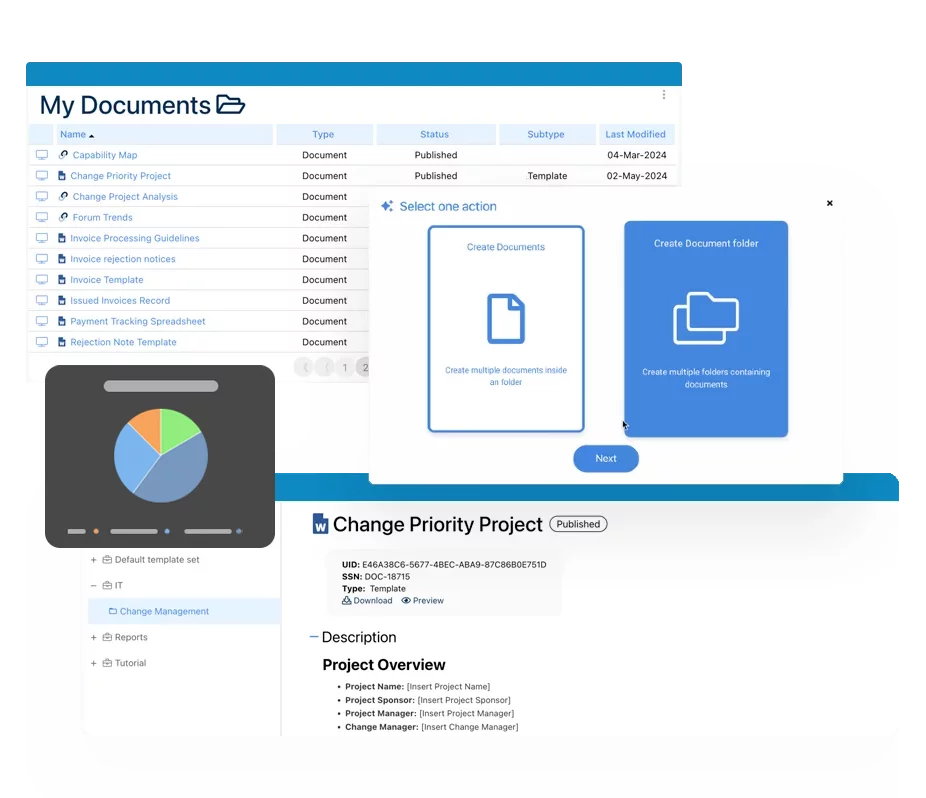 Electronic Quality Management System (QMS)
Electronic Quality Management System (QMS)- Quality Management System Overview
- Document Control & Records Management
- Audit & Accreditation Management
- Corrective & Preventative Action
- Quality Event (Non-conformity / Complaint/ Compliance)
- Risk Management
- Incident Management
- Environmental Health & Safety
- Product & Supplier Management (SCAR)
- Training Management
- Control Management
- Action Items Management
- Management Review
- FMEA
- Pharmacovigilance
- Data Migration & Integration
 Risk, Governance & Compliance (GRC)
Risk, Governance & Compliance (GRC)- Risk, Governance & Compliance Overview
- Risk & Control Management
- Regulatory Compliance
- Collaboration & Governance
- Data Migration & Integration
- Interfacing Offline App
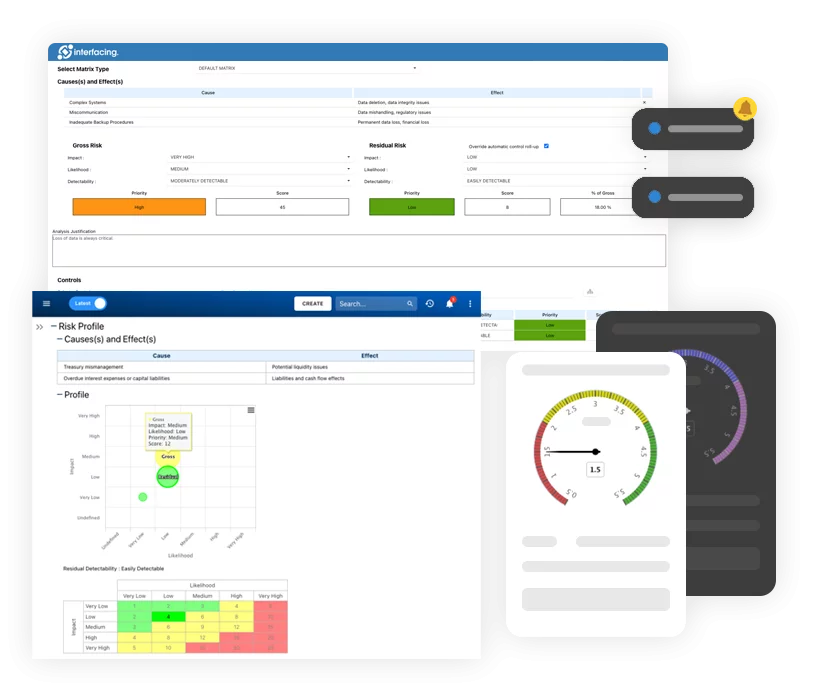 Low Code Rapid Application Development (LC)
Low Code Rapid Application Development (LC)- Low Code Automation Platform Overview
- Electronic Web Form Design (eFORMS)
- Database Table Entity Designer
- System Integration Designer
- Design & Manage Tasks
- Design & Manage BPMS Apps
- Custom Rules/Guards/Actions
- Electronic Services
- User Homepage
- BAM (Business Activity Monitoring)
- Custom Dashboard Design
- Data Migration & Integration
 Business Continuity Management (BCM)
Business Continuity Management (BCM)- Business Continuity Management Overview
- Business Impact Analysis
- Disaster Recovery Simulation
- Action Item Management
- Mass Notification Management
- Asset Management
- Interfacing Offline App
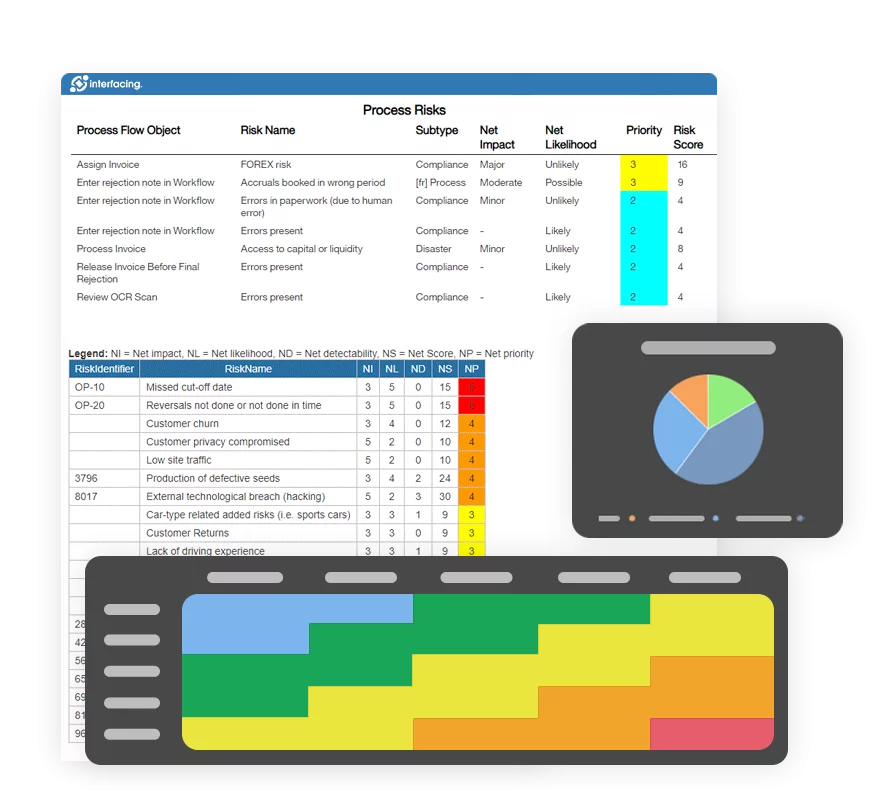 Enterprise Architecture (EA)
Enterprise Architecture (EA) - IndustriesRegulatory ComplianceUse CasesLearning CenterFramework & PracticesIndustries
- Healthcare
- Medical Device Technology
- Life Science, Pharmaceutical
- Aerospace & Defense
- Airlines and Aviation
- Media & Telecommunications
- Government and Military
- Technology
- Energy
- Logistics & Port Operations
- Banking & Capital Markets
- Retail & Consumer
- Consulting
- Education
- Engineering & Construction
- Manufacturing
- Financial Services
- Insurance
- Chemicals
Regulatory Compliance- Regulatory Compliance
- ISO
- ISO 9001 (guide)
- ISO 9001:2026 (preparation)
- ISO 17025
- ISO 27000
- ISO 27001
- ISO27002
- ISO 42001
- EU AI Act
- SOC 2 Type 1 & 2
- Sarbanes Oxley
- GxP
- GRC
- Basel
- Digital Signature
- GDPR
- IFRS
- NIST SP 800-53
 Use Cases
Use Cases- Quality Management System (QMS)
- Digital Transformation
- Continuous Improvement
- Governance, Risk & Compliance
- Knowledge Management
- System Deployment (ERP, CRM…)
 Learning CenterFramework & Practices
Learning CenterFramework & Practices - AboutCustomer SuccessPartners



AI: Unlocking Operational Excellence
Please Select contact form.
A Guide to ISO/IEC 42001:2023 Certification
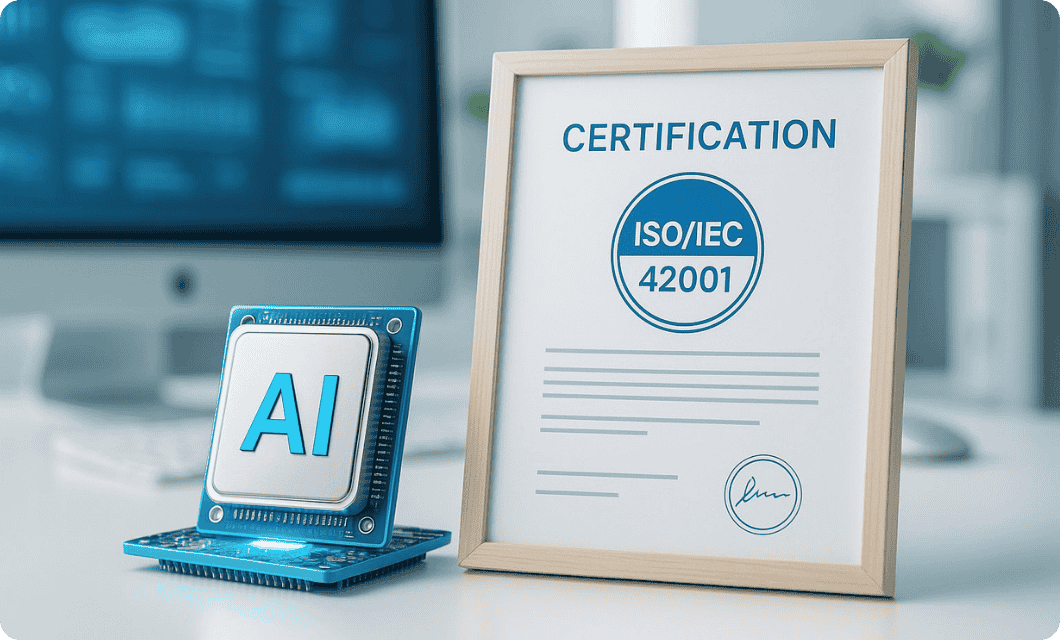
Summary
ISO/IEC 42001:2023 certification is a prestigious standard for organizations in the realm of business process engineering. It focuses on fortifying the Business Process Management System (BPMS) by providing a systematic framework for establishing, implementing, maintaining, and improving processes.
This certification is a strategic investment, promoting operational excellence through process optimization, risk mitigation, enhanced customer satisfaction, and regulatory compliance. Achieving ISO/IEC 42001:2023 involves a meticulous journey, including gap analysis, documentation, implementation, internal audits, and a formal certification audit. Ultimately, it positions organizations at the forefront of efficiency, resilience, and customer-centric operations.
Why is ISO/IEC 42001 important?
ISO/IEC 42001:2023 is the first AI management system standard globally, offering invaluable insights into the swiftly evolving realm of technology. It tackles the distinctive challenges presented by AI, including ethical nuances, transparency, and perpetual learning.
This standard provides organizations with a systematic approach to navigating the complexities of AI, enabling a balanced integration of innovation and governance while effectively managing risks and seizing opportunities.
In the ever-evolving landscape of business process engineering, staying ahead of the curve is crucial for sustained success. One key way to demonstrate commitment to excellence in managing your organization’s business processes is through ISO/IEC 42001:2023 certification.
Application Benefits of Implementing ISO/IEC 42001:2023
Risk Mitigation in a Financial Institution:
In the financial sector, risk management is paramount. ISO/IEC 42001:2023 proves invaluable for a financial institution by providing a standardized approach to identify and mitigate risks associated with various processes. From transaction processing to data security, the certification ensures a proactive stance in safeguarding against potential disruptions.
Enhanced Customer Satisfaction in E-commerce:
For an e-commerce giant, customer satisfaction is the lifeline of the business. ISO/IEC 42001:2023 facilitates the implementation of a customer-centric BPMS. By ensuring consistency in order processing, timely deliveries, and responsive customer service, the organization not only meets but exceeds customer expectations, fostering loyalty and positive word-of-mouth.
Strategic Integration with QMS:
ISO/IEC 42001:2023 seamlessly integrates with Quality Management Systems, enhancing an organization’s ability to consistently deliver products and services that meet or exceed customer expectations. Consider a pharmaceutical company aiming to adhere to stringent quality standards in the development and manufacturing of life-saving drugs. By aligning their QMS with ISO/IEC 42001:2023, the company establishes a systematic approach to quality assurance, ensuring compliance with regulatory requirements and fostering a culture of continuous improvement.
Regulatory Compliance in Healthcare:
In the healthcare industry, adherence to regulatory standards is non-negotiable. ISO/IEC 42001:2023 serves as a guiding light for healthcare organizations, ensuring that processes related to patient care, data privacy, and compliance with health regulations are seamlessly integrated into their BPMS. This not only safeguards patient well-being but also builds trust with regulatory bodies.
Process Optimization for Operational Excellence:
In the realm of Business Process Management, ISO/IEC 42001:2023 is a catalyst for operational excellence. Take, for instance, a global logistics firm managing complex supply chain operations. By adopting ISO/IEC 42001:2023, the organization can optimize its business processes—ranging from order fulfillment to inventory management. The certification ensures a standardized approach, enabling the company to identify inefficiencies, mitigate risks, and ultimately enhance the overall effectiveness of its BPM strategies.
Real-World Example:
Let’s consider a multinational technology company that has successfully implemented ISO/IEC 42001:2023 across its Quality Management and Business Process domains. In the context of Quality Management, the company has utilized the certification to establish rigorous processes for product development, testing, and release. This not only ensures the delivery of high-quality products to customers but also minimizes the risk of defects and recalls.
Simultaneously, in the realm of Business Process Management, the company leverages ISO/IEC 42001:2023 to streamline its internal workflows. From procurement processes to customer support operations, the certification acts as a blueprint for efficiency. By regularly assessing and improving these processes, the company maintains a competitive edge in the fast-paced technology sector, adapting swiftly to market changes and customer demands.
Planning & Execution Tips
Embarking on the journey towards ISO/IEC 42001:2023 certification demands meticulous planning and flawless execution. Here’s a comprehensive guide to assist your organization in navigating the complexities of preparation and ensuring a successful certification process:
1. Initial Assessment and Gap Analysis:
- Conduct a thorough initial assessment to understand the current state of your Business Process Management System (BPMS).
- Perform a gap analysis to identify areas where your processes need alignment with the ISO/IEC 42001:2023 standards.
2. Develop a Detailed Implementation Plan:
- Outline a step-by-step implementation plan that includes specific tasks, responsible parties, and timelines.
- Prioritize tasks based on criticality and dependencies to ensure a systematic and efficient implementation process.
3. Documentation Excellence:
- Document your BPMS comprehensively, ensuring that processes, responsibilities, and key performance indicators are clearly defined.
- Align documentation with ISO/IEC 42001:2023 requirements, providing a robust foundation for the certification process.
4. Employee Training and Awareness:
- Train employees on the new processes and the importance of ISO/IEC 42001:2023 compliance.
- Foster a culture of awareness and commitment to the certification process across all levels of the organization.
5. Iterative Implementation with Continuous Improvement:
- Implement changes iteratively, allowing for adjustments based on feedback and performance evaluations.
- Embrace a mindset of continuous improvement, encouraging teams to actively seek opportunities for refinement throughout the process.
6. Internal Audits for Rigorous Evaluation:
- Conduct regular internal audits to assess the effectiveness and compliance of the implemented BPMS.
- Address any non-conformities promptly, ensuring that the system is continuously refined and strengthened.
7. Engage External Experts for a Pre-Certification Assessment:
- Consider engaging external experts for a pre-certification assessment to identify any potential gaps or areas for improvement before the formal audit.
- Leverage their expertise to fine-tune your BPMS for optimal performance and compliance.
8. Formal Certification Audit Preparation:
- Prepare thoroughly for the formal certification audit by ensuring all documentation is in order and teams are well-prepared.
- Communicate clearly with the certification body, addressing any queries or additional information they may require.
9. Post-Certification Action Plan:
- Develop a post-certification action plan to sustain and continually improve the BPMS.
- Establish a system for ongoing monitoring, feedback, and periodic reviews to ensure long-term compliance and effectiveness.
10. Celebrate and Communicate Achievements:
- Upon successful certification, celebrate the achievement internally to recognize the collective effort.
- Communicate the certification externally to clients, partners, and stakeholders, showcasing the organization’s commitment to excellence.
By approaching the ISO/IEC 42001:2023 certification process with a strategic and systematic mindset, your organization can not only achieve certification but also establish a resilient and continuously improving Business Process Management System.
Embarking on the ISO/IEC 42001:2023 certification process is a commendable step towards operational excellence. However, to ensure a smooth and successful journey, it’s crucial to be aware of potential pitfalls that can hinder progress. Here’s a breakdown of pitfalls to avoid during your certification process:
1. Lack of Executive Commitment:
- Pitfall: Insufficient commitment from top-level executives can undermine the entire certification process.
- Avoidance Strategy: Ensure strong leadership support, emphasizing the strategic importance of ISO/IEC 42001:2023 certification for the organization.
2. Inadequate Employee Involvement:
- Pitfall: Not involving employees at all levels in the certification process can lead to resistance and lack of cooperation.
- Avoidance Strategy: Foster a culture of inclusivity, encouraging active participation and communication from all team members.
3. Rushing Through the Planning Phase:
- Pitfall: Hasty planning without a comprehensive understanding of ISO/IEC 42001:2023 requirements can result in oversights.
- Avoidance Strategy: Invest time in meticulous planning, conducting thorough gap analyses to identify and address potential challenges.
4. Insufficient Training Programs:
- Pitfall: Neglecting to provide comprehensive training on ISO/IEC 42001:2023 standards can lead to misunderstandings and misimplementations.
- Avoidance Strategy: Implement robust training programs to ensure everyone understands the implications and requirements of the certification.
5. Neglecting Documentation Quality:
- Pitfall: Incomplete or poorly structured documentation may hinder the certification process and future audits.
- Avoidance Strategy: Prioritize quality documentation, ensuring it accurately reflects your Business Process Management System (BPMS) and complies with ISO/IEC 42001:2023 standards.
6. Overlooking Continuous Improvement:
- Pitfall: Viewing certification as a one-time goal rather than an ongoing commitment to improvement may impede long-term success.
- Avoidance Strategy: Integrate a mindset of continuous improvement into your organizational culture, fostering adaptability and innovation.
7. Lack of External Expertise:
- Pitfall: Attempting to navigate the certification process without external guidance can lead to oversights and misinterpretations.
- Avoidance Strategy: Engage with experienced consultants or auditors specializing in ISO/IEC 42001:2023 to ensure a comprehensive and objective evaluation.
8. Unrealistic Timeframe and Resource Allocation:
- Pitfall: Setting unrealistic timelines and insufficient resource allocation can create undue pressure and compromise the quality of the certification process.
- Avoidance Strategy: Develop a realistic timeline and allocate adequate resources, considering the complexity of ISO/IEC 42001:2023 requirements.
9. Ignoring Stakeholder Communication:
- Pitfall: Neglecting to communicate the importance and benefits of ISO/IEC 42001:2023 certification to stakeholders may lead to misunderstandings or lack of support.
- Avoidance Strategy: Develop a robust communication plan, ensuring clear and transparent communication with internal and external stakeholders.
By proactively avoiding these pitfalls, your organization can navigate the ISO/IEC 42001:2023 certification process with confidence, setting the stage for a successful and transformative journey toward operational excellence.
How We Can Help: Benefits of Interfacing’s Generative AI Solution
ISO/IEC 42001:2023 certification isn’t merely a destination; it’s a transformative journey that positions your organization at the forefront of operational excellence. By embracing this standard, your business would not only meet industry benchmarks, but set new standards for efficiency, resilience, and customer satisfaction.
Use Interfacing’s leading industry Generative AI to accelerate the creation of objects (process, roles, risks, documents, policies, etc.), for improvement initiatives in processes and all documentation efforts. Elevate your processes, mitigate risks, and embark on a trajectory towards sustained success with ISO/IEC 42001:2023 certification.
Keeping this in mind is what Interfacing’s Integration Management System (IMS) software platform is all about. Creating a safe, secure, regulatory-compliant, and protected data ecosystem is our commitment to your organization.
The Power of Interfacing’s Process Creation AI
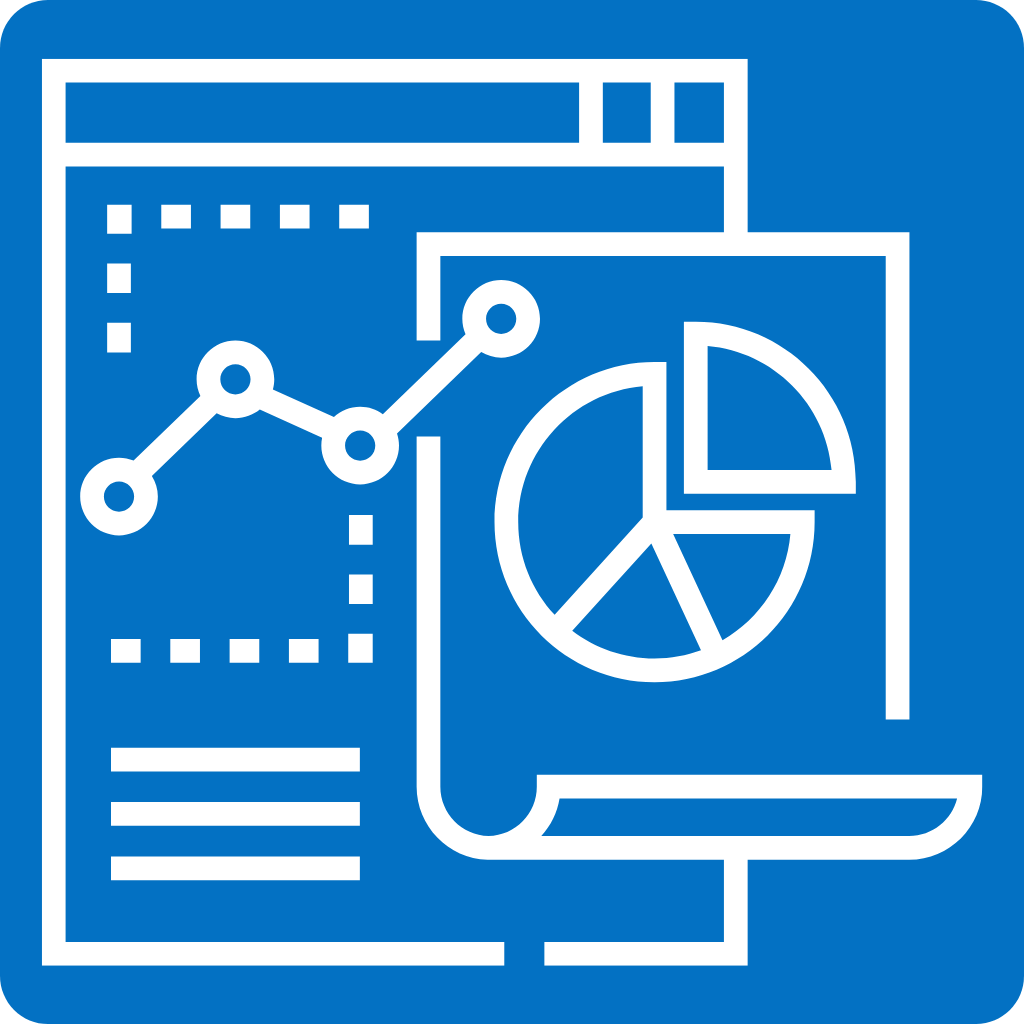
Builds Complete Process Flows
Our AI tool not only creates end-to-end processes but also dives into the details with flow objects’ descriptions, roles, and responsibilities.

Ease of Use
Our AI is designed for easy adoption, ensuring your team effortlessly understands and masters its capabilities, with no extensive training required.

Creates Entire Process Libraries
Our AI effortlessly creates entire process libraries, organizing processes and sub-processes in a streamlined hierarchy for efficient workflow management.

Rapid Results
Experience the speed of innovation with AI – it outpaces traditional methods, propelling projects forward and ensuring your team achieves results at an unparalleled pace.

Kickstart Your Projects
No more starting from square one; our AI takes care of the groundwork for you, allowing your experts to focus on refining, optimizing, and implementing processes.

Quality Processes
Our AI excels at generating processes through advanced algorithms, leveraging extensive datasets and industry best practices to deliver diverse business needs.
The Advantage of Interfacing’s Generative AI

Alignment With Best Practices
Request custom best practices catering to your operating systems, countries, and unique needs. It’s more than advice; it’s your pathway to optimized performance.

Standardized Content
The AI system ensures consistency in content creation across different users and objects, upholding a standardized and professional documentation approach.

Optimizing Existing Content
Interfacing’s Generative AI not only creates content from scratch but optimizes descriptions, guides, and procedures already documented. Additionally, the AI will quickly identify impact and redundancies.
Why Choose Interfacing?
With over two decades of AI, Quality, Process, and Compliance software expertise, Interfacing continues to be a leader in the industry. To-date, it has served over 500+ world-class enterprises and management consulting firms from all industries and sectors. We continue to provide digital, cloud & AI solutions that enable organizations to enhance, control and streamline their processes while easing the burden of regulatory compliance and quality management programs.
To explore further or discuss how Interfacing can assist your organization, please complete the form below.

Documentation: Driving Transformation, Governance and Control
• Gain real-time, comprehensive insights into your operations.
• Improve governance, efficiency, and compliance.
• Ensure seamless alignment with regulatory standards.

eQMS: Automating Quality & Compliance Workflows & Reporting
• Simplify quality management with automated workflows and monitoring.
• Streamline CAPA, supplier audits, training and related workflows.
• Turn documentation into actionable insights for Quality 4.0

Low-Code Rapid Application Development: Accelerating Digital Transformation
• Build custom, scalable applications swiftly
• Reducing development time and cost
• Adapt faster and stay agile in the face of
evolving customer and business needs.
AI to Transform your Business!
The AI-powered tools are designed to streamline operations, enhance compliance, and drive sustainable growth. Check out how AI can:
• Respond to employee inquiries
• Transform videos into processes
• Assess regulatory impact & process improvements
• Generate forms, processes, risks, regulations, KPIs & more
• Parse regulatory standards into requirements

Request Free Demo
Document, analyze, improve, digitize and monitor your business processes, risks, regulatory requirements and performance indicators within Interfacing’s Digital Twin integrated management system the Enterprise Process Center®!
Trusted by Customers Worldwide!
More than 400+ world-class enterprises and management consulting firms





















